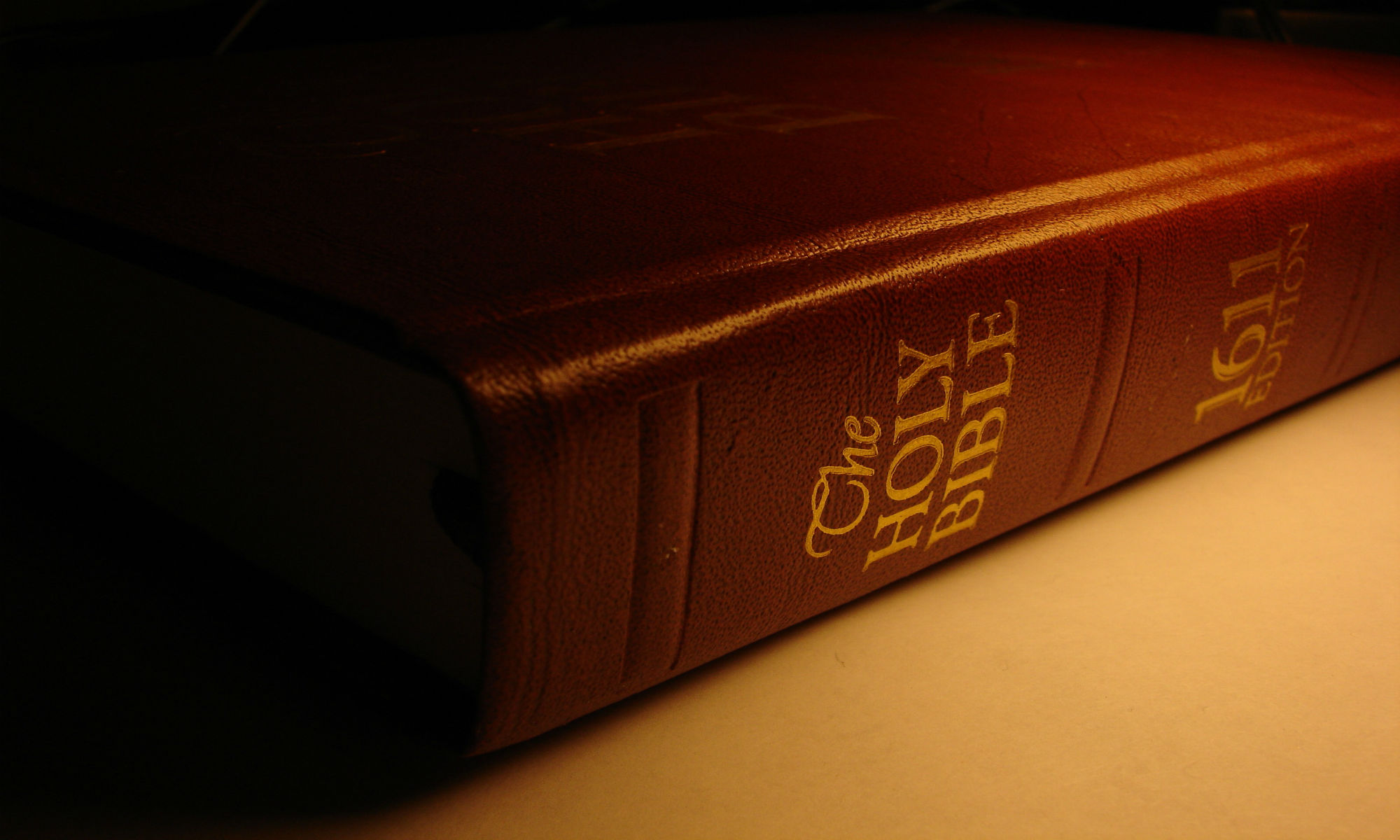Martin Luther’s Theology of Music
Music is a powerful gift to the church. Martin Luther recognized the importance of this powerful gift and it is clear from his writings that he had a deep concern for it.
In his book, Te Deum: The Church and Music, Paul Westermeyer traces the history and development of music within the Christian tradition.
As he works his way through this history, Westermeyer includes a discussion on Martin Luther’s theology of music.
Through his ministry, Luther brought about a reformation not only in theology but also in music. During the Reformation, Luther recovered congregational singing, whereas Zwingli denied it and Calvin restricted it (Te Deum, p. 141). Still today, many of the hymns and melodies Luther wrote (e.g., A Mighty Fortress is Our God) have stood the test of time and proven to be of exceptional value to the church.
Luther had a great passion for music. For example, Luther sought advice from and surrounded himself with skillful musicians.
He was an able amateur musician and also possessed ability as a composer. He regarded music as integral to a child’s education as well as teachers and ministers.
Luther was often refreshed and invigorated through music. On one occasion, when he was found to have fainted in his study, his colleagues awakened him with their music and he joined in the singing (ibid, pp. 142-143)!
“…next to the Word of God, music deserves the highest praise…”
For those who had no appreciation for music, Luther in his own unmatched way writes,
“A person who gives this some thought and yet does not regard it [music] as a marvelous creation of God, must be a clodhopper indeed and does not deserve to be called a human being; he should be permitted to hear nothing but the braying of asses and the grunting of hogs,” (p. 145).
Luther, however, didn’t simply value music for music’s sake. There was a theological reason behind Luther’s passion for music. He considered music to be a powerful gift from the Lord to His church. He believed that the synchronization of sound and theology served a redemptive function.
Thus, Luther held that music was next to theology and that next to the Word of God, music deserves the highest praise (p. 144). Westermeyer writes,
“Luther was not simply fond of music. Luther thought music has a theological reason for being: it is a gift of God, which comes from the “sphere of miraculous audible things,” just like the Word of God. Music is unique in that it can carry words. Since words carry the Word of God, music and the word of God are closely related,” (pp. 144-145).
Westermeyer goes on to provide four helpful insights regarding Luther’s theology of music (pp. 145-147):
1.Music is a gift of God’s good creation.
Luther regarded music as such a wonderful gift, he could not find words to describe it. He taught that music was to be reclaimed and refined from “perverted minds” by the church in order to “taste with wonder (yet not to comprehend) God’s absolute and perfect wisdom in his wondrous work of music.
2.Music bears the Word of God.
Luther’s chief concern was to bring the Word of God, particularly the Gospel, fully to bear upon the listener’s soul. Thus he wrote statements like: “God has the Gospel preached through the medium of music.”
“…the fathers and prophets wanted nothing else to be associated with the Word of God as music. Therefore we have so many hymns and Psalms where message and music join to move the listener’s soul.”
“Music and notes…do help gain a better understanding of the text.”
3. Music joins praise to proclamation.
Luther wrote, “The gift of language combined with the gift of song was given to human beings to let us know that we should praise God with both word and music, namely, by proclaiming the [Word of God] through music.”
4.Music awakens by the Gospel (-J.F.).
The good news of Christ’s great deliverance tunes the heart to sing. Luther stated, “For God has cheered our hearts and minds through His dear Son, whom He gave for us to redeem us from sin, death and the devil. He who believes this earnestly cannot be quiet about it. But he must gladly and willingly sing.”
Christ has purchased a great salvation for His people and those who have come to experience it are compelled (i.e., Gospel-driven) to sing! Luther taught that the Gospel gives rise to strong, powerful affections for Christ or as he put it, an explosion in the soul. And it is music that gives sounding form to this explosion!
“The good news of Christ’s great deliverance tunes the heart to sing.”
Music, then for Luther, plays a valuable role in aiding the believer to give joyful expression for and delight in the victory of Christ’s great salvation.
Music is a powerful and important way in which the church corporately celebrates and gives expression to the victory Christ has won. Westermeyer writes, “Bold, vigorous rejoicing tells the story of God’s victory and our deliverance. The battle is won in Christ, and we sing with jubilation,” (p. 147).
source from : gospeldriven.wordpress.com
